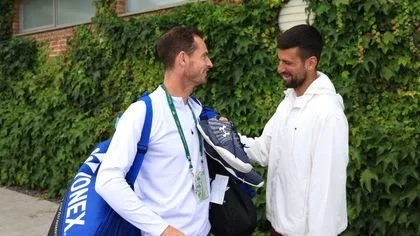How It Works
WHY THIS IS IMPORTANT
Character acts as a competitor's stabilizing force. A player grounded in integrity responds with class and composure, no matter what the tennis life throws their way
Character is the anchor to our core relationships. Parents, coaches, teammates, and partners gravitate toward competitors who carry themselves with respect and dignity, creating the trust that makes support systems more effective and enduring
Character transcends Tennis...Tennis careers end, but character carries forward into education, careers, and relationships. By incorporating traits like honesty, humility, and discipline, competitors establish a solid foundation for life, the ultimate goal of FBTL.
Character and becoming a Role Model. Every competitor is visible, whether at a local club, in college, or on tour. Conduct on court inspires younger players and shapes the culture of the greater game. Strong character contributes to a healthier tennis environment for future generations to come.
Flow and Inner Alignment. When values and actions align, players waste less energy battling themselves internally. Character-based choices—owning mistakes, respecting opponents, staying present—allow athletes to enter flow state more often, maximizing both performance and enjoyment.
How To Use the FBTL Character Section
1. Set Personal Standards Beyond Results
Use the Character section to define values you want to live by on and off court—respect, humility, integrity, and fairness. Write them down and check in regularly, so your identity isn’t only tied to wins and losses but to how you carry yourself.
2. Journal After Matches With a Character Lens
After competition, don’t just review your performance. Reflect on questions like: Did I stay true to my values? Did I respect my opponent? Did I hold myself accountable? Over time, this creates a consistent “character scorecard” that drives growth.
3. Build Accountability Partners
Share your character goals with someone in your Player’s Box—a coach, parent, or teammate. Ask them to hold you accountable when you drift and to highlight when you demonstrate strong character. Outside perspective keeps you honest.
4. Practice Role Model Behaviors Daily
See yourself as an example for others—juniors at your club, teammates at school, or fans at tournaments. Actively practice being a role model: Honor the game, support your peers, give credit when it’s due. Character grows strongest in everyday habits.
5. Align Character With Flow State
Before matches, use the Character section to remind yourself: composure, perspective, and respect are tools to unlock flow. When pressure hits, anchor yourself in these traits. They reduce inner conflict and free up your focus for performance.





